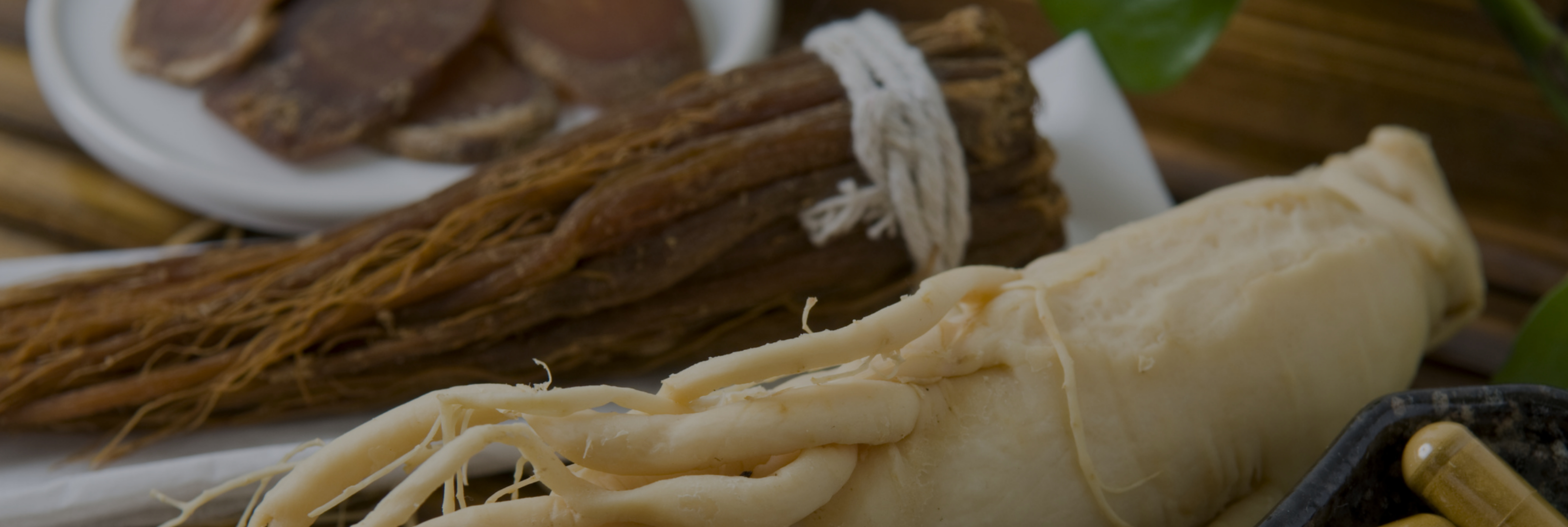Over the past years in the sports nutrition sector as with the rest of the nutrition sector there is great consumer demand for natural products. Consumer’s requirement for effectiveness and quality and health are put on the same level.
Low processed ingredients are made from plants which have not undergone chemical extraction procedures. Instead, these plants undergo physical treatments such as sorting, drying and grinding.
Furthermore, bacteria reduction treatments (by short thermal treatments) are required to ensure microbiological compliance.
There is a fundamental difference between a plant powder and a plant extract.
In the case of a powder, the plant conserves all its properties: the totum is conserved which isn’t the case with extraction procedures which result in isolating certain molecules and then concentrating them.
Nevertheless, this series of processing steps eliminates essential compounds naturally found in plants. Low processing has the advantage of preserving fibres and all the proteins and minerals.
A food is much more than the sum of some chemical active ingredients. Indeed, it has been proven that on one hand there is a synergetic action between nutrients and on the other hand their physical shape has an essential impact on being absorbed by the body [1].
Consequently, a sports nutrition product formulated from a mixture of plant powder has beneficial effects above and beyond the initial target.
Low plant processing requires complete control of raw materials, which must be contaminant (pesticides, toxins or heavy metals) free.
Since there is no extraction, there aren’t the specific steps for eliminating toxic substances. This implies using very high quality organic ingredients.
Setting up farming supply chains around the world is a major challenge to meet the needs of nutraceutical and agro-food industries. Managing the source enables selecting batches of raw materials via product specifications and drastic analytical testing.
Opting for a low processed ingredients in the formulation of a sports nutrition product responds to the growing need of consumers in terms of transparency, but likewise to preserve the plant totum and as such benefit from all the plants’ values.
Sources:
[1] Compte rendu de la commission d’enquête sur l’alimentation industrielle : qualité nutritionnelle, rôle dans l’émergence de pathologies chroniques, impact social et environnemental de sa provenance. Assemblée Nationale. 6 juin 2018. http://www.assemblee-nationale.fr/15/pdf/cr-cealimindu/17-18/c1718009.pdf

Key accounts manager & product manager





Leave a comment